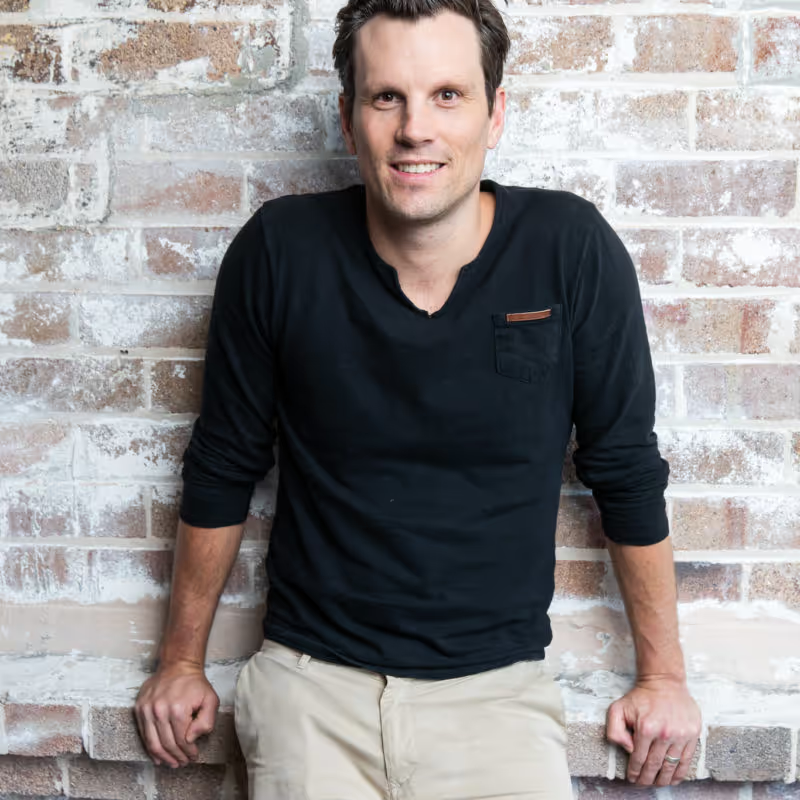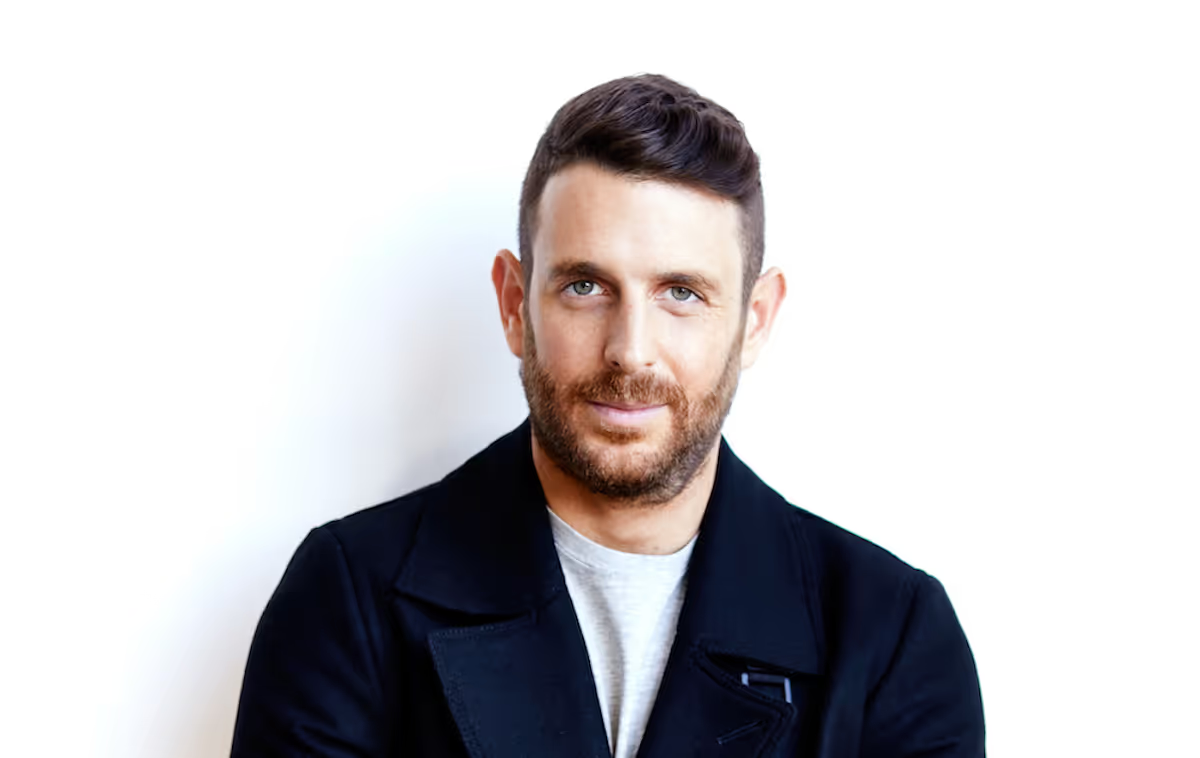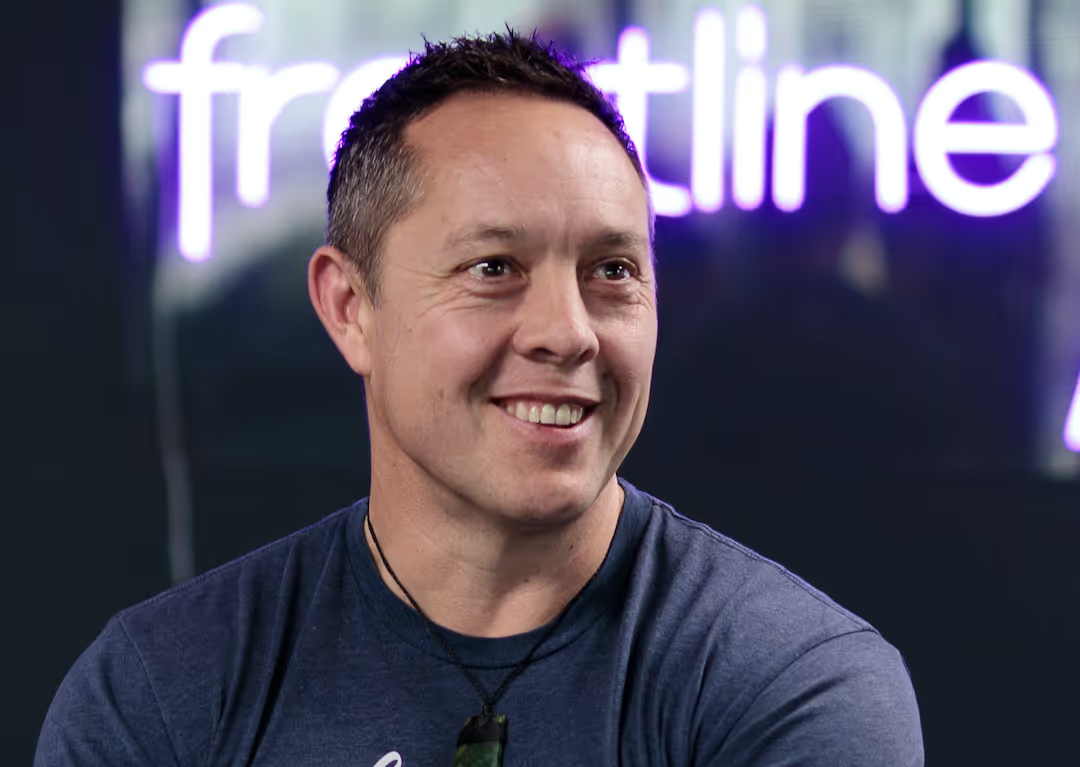
Spotlight On: Aaron Ward, AskNicely
Our monthly chat with founders from the Blackbird portfolio. This month, it's Aaron Ward, co-founder of AskNicely.
If there's one thing that immediately strikes you about AskNicely co-founder and CEO Aaron Ward, it's his infectious sense of energy. His enthusiasm for solving problems, leading his team and championing his customers runs deep, and it's clearly one of the characteristics that has helped him navigate the past seven years successfully. And when we say successfully, we're talking growing a global business (AskNicely supports over 1300+ companies worldwide and has offices in Europe, the US and NZ), relocating his family from Auckland to Portland, and still making time to encourage hungry founders at their beginning of their journeys - just ask the 200 Giants founders that Aaron spoke to in a recent kickoff event!
Hot off the news of AskNicely's latest investment round, we sat down with Aaron to learn more about the origins of the business, the magic of frontline workers, and why every startup should have a "Fridge Plan"
We hear your co-founder John Ballinger rejected every idea you took to him before the idea that became AskNicely. Why did you keep persisting with pitching business ideas to him, and what made him the right co-founder for AskNicely?
John had rebuilt the web platform for a previous startup that I'd bootstrapped and we discovered that he and I had an uncommon chemistry - we are both "acquired tastes" yet were able to complement each others functional strengths and had the same values and an shared ambition to add a "dot" to New Zealand's chart of global SaaS brands. I knew immediately that I wanted to ditch that business and build something special with John. I didn't know it would take me 10 years (!!!!) to convince him of an idea good enough to risk it all. The right co-founder was the single biggest factor in our success to date and smartest decision I've ever made.
These are literal verbatims from the first conversation we had in a bar on Ponsonby Road:

AskNicely's business plan first lived on a piece of paper on your fridge. Can you share a bit about why this simple plan worked so well?
In too many years of working in big dumb corporate land, I've written lots of business plans. All of them long, printed on flash bond paper and beautifully bound so they looked great sitting on a shelf. None of them came true. For AskNicely, John and I mapped out a full calendar of features, customer/revenue targets and funding on a single piece of A5 card that we taped to his fridge so we had to look at it every time we made a coffee. It was the most successful business plan I've ever been part of. Every startup should have a Fridge Plan.
AskNicely was founded in New Zealand, but now operates across three different global locations. What was the tipping point to opening your international offices?
Knowing we had a global market opportunity, building an international office footprint was always in the plan but we took incremental milestone-based steps towards it, in a way where we could hit "undo" at any time if we messed it up.
- We won a few hundred US customers from our garden-shed-office in Auckland before hiring our first salesperson, who worked from his parent's kitchen in Seattle.
- We hired our second and third salesperson once he proved he ramped which then meant picking a city (Portland!), getting into a co-working space and tidying up the paperwork (like having employment contracts).
- We leased a proper office building once we had 10 employees and I moved to the US with my family once we had 20 people there.
- With that path proven, we followed exactly the same model in building out a team in Amsterdam.
At each stage, we tried to keep things just "right for now" so never had to get too worried about how the future was going to play out.
Given the core of your business is today based in the US, any tips for startups trying to grow their customer base in this market?
When we started, lots of people encouraged us to either "build a footprint in NZ/Australia before venturing further abroad", or "get on a plane to San Francisco fast". We ignored both of them and got started in a garden shed in Auckland, marketing directly into the US from day one. Once we figured out how to explain the sound of lawn mowers and dogs barking in the background, we realised there wasn't much stopping us from talking to businesses all around the world and that was enough for us to win our first 300 customers - 2/3 of those coming from the US. Actual results may vary but, for us, it worked to focus on a single market where we would get up close and personal with the types of customers we wanted to build a business around.
You've spent over 7 years making customer data actionable through AskNicely. What are some of your favourite examples or customer stories of making data like NPS actionable for companies (not just a slide in a boardroom presentation)?
We get surprised all the time about how people put feedback to work, but the best businesses make it personal to the frontline workers that directly serve the customer. There's the global fortune-telling network that uses AskNicely to maintain the quality standards of their network of contract psychics (like Uber does with drivers). The NBA basketball team that uses feedback for their stadium concierges to personalize the game day experience of season ticket holders and drive seasonal renewals. Or the mortgage broker business that runs award recognition program based on individual NPS results of its nationwide broker networks. It's all about people and catching them doing things right.
What excites you most about the future of AskNicely?
Our whole mission centers on making frontline work awesome. If you think about frontline workers for a minute, they have the most impact on the customer experience AND make up 80% of the planet's working population yet they're under-served, under-appreciated and under-paid. It's kinda crazy. Our vision is millions of frontline workers starting and finishing their day with AskNicely, knowing exactly how much their care and effort means to the customers they serve and the leaders that support them. That gets me out of bed every day.
Aaron's Spotlight On:
A book that is worth reading/watching: 'Alchemy: The Dark Art and Curious Science of Creating Magic in Brands, Business, and Life' by Rory Sutherland (this is great on Audible)
A video that is worth reading/watching: Leadership lessons from a shirtless dancing guy - how to start a movement in under 3 minutes.
A podcast you never miss: Masters of Scale with Reid Hoffman
Someone to follow on social: Vice Chairman for the Ogilvy Group @rorysutherland - he will make you think again.
Get started or book a demo with the AskNicely team on their website.

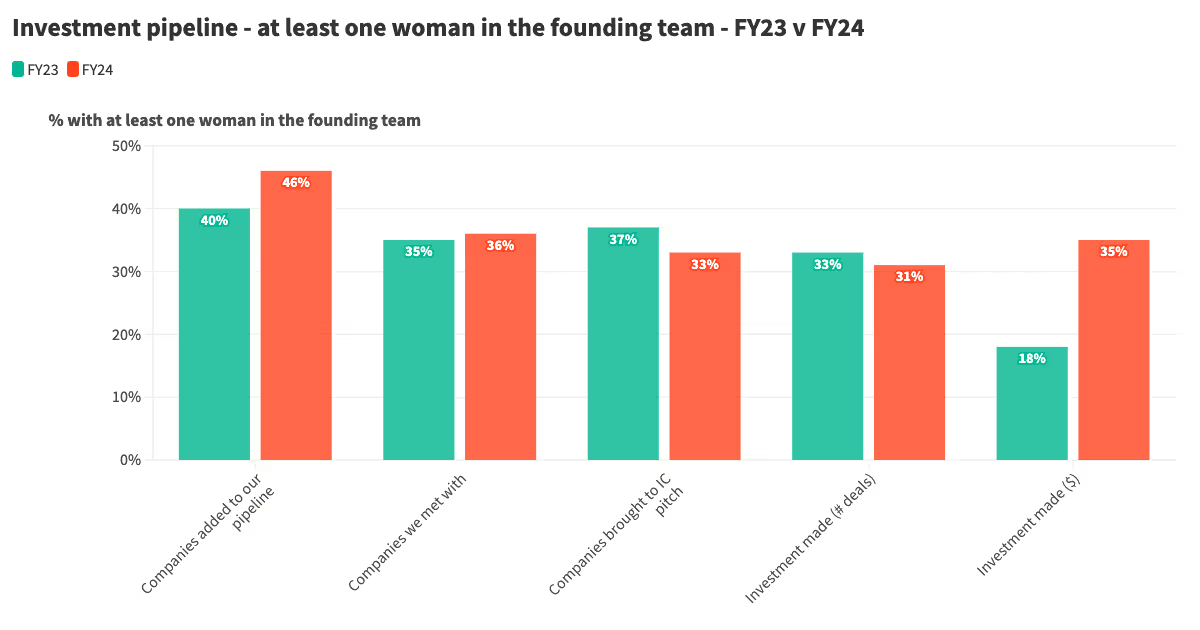
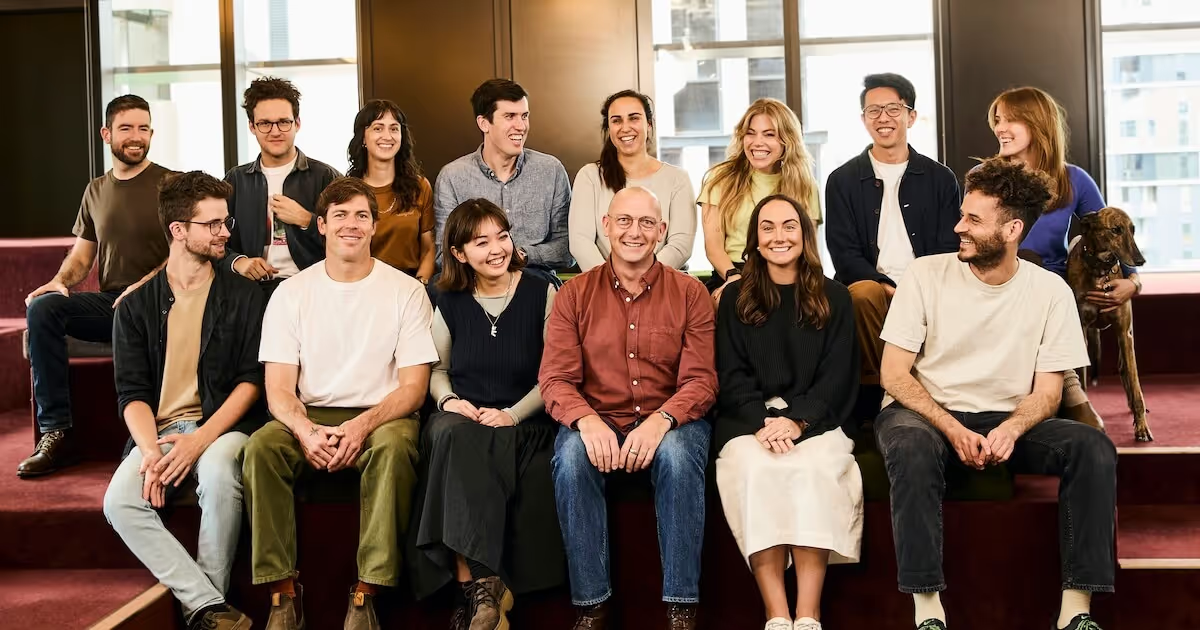
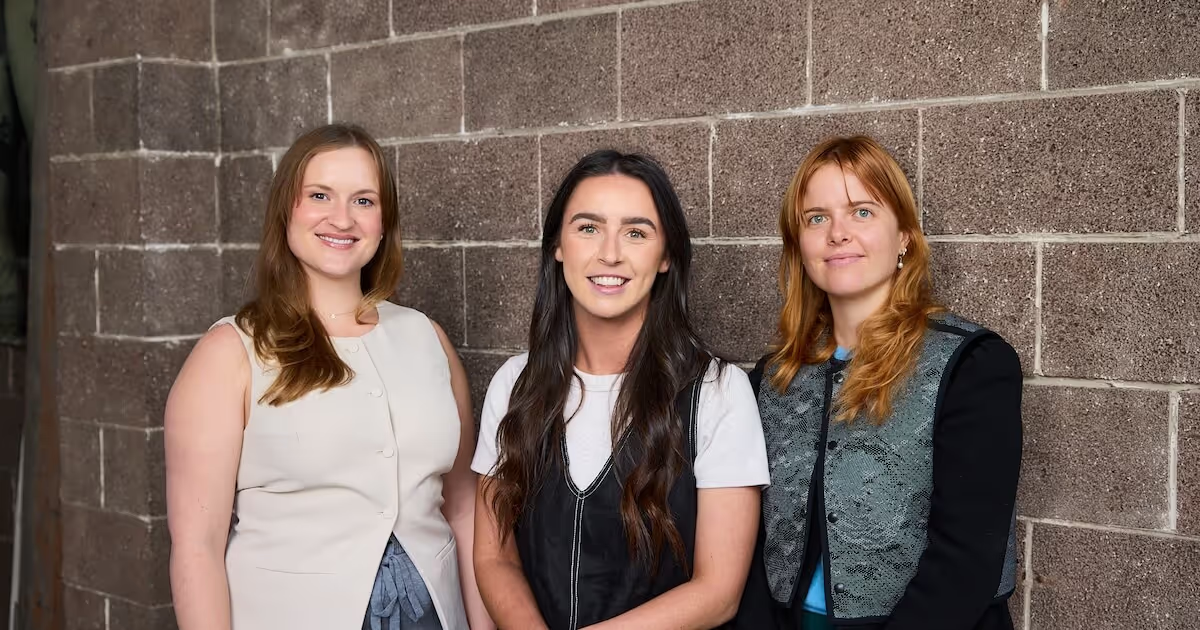


.avif)

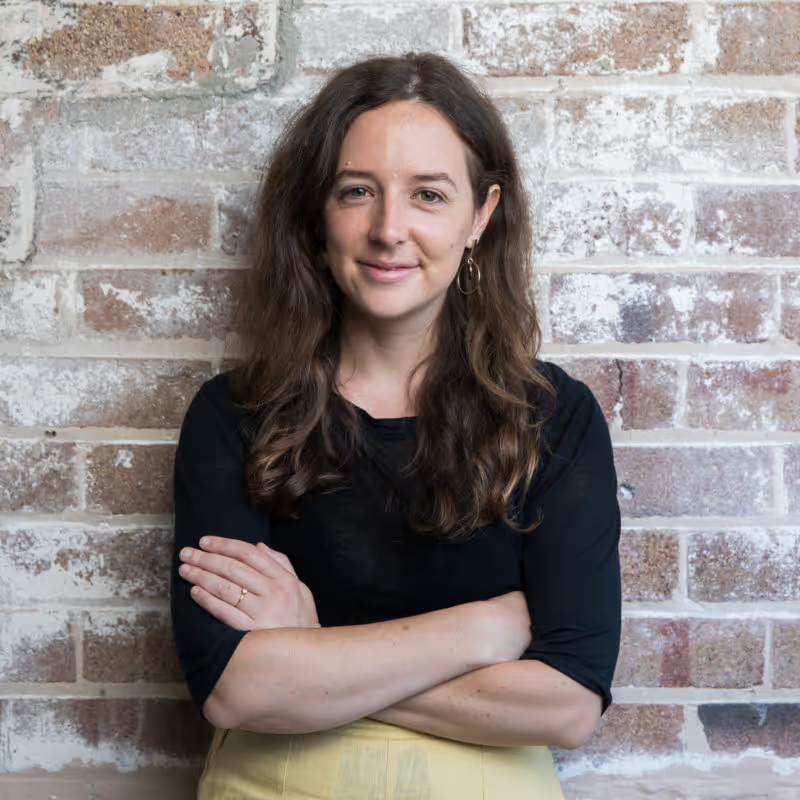
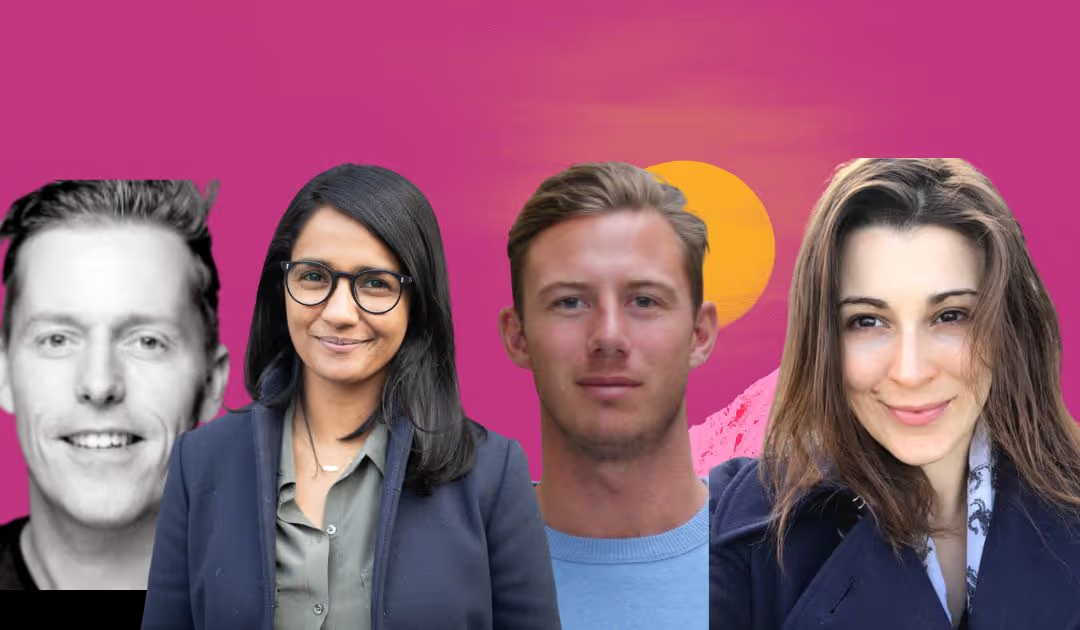
.avif)
.avif)


.avif)
